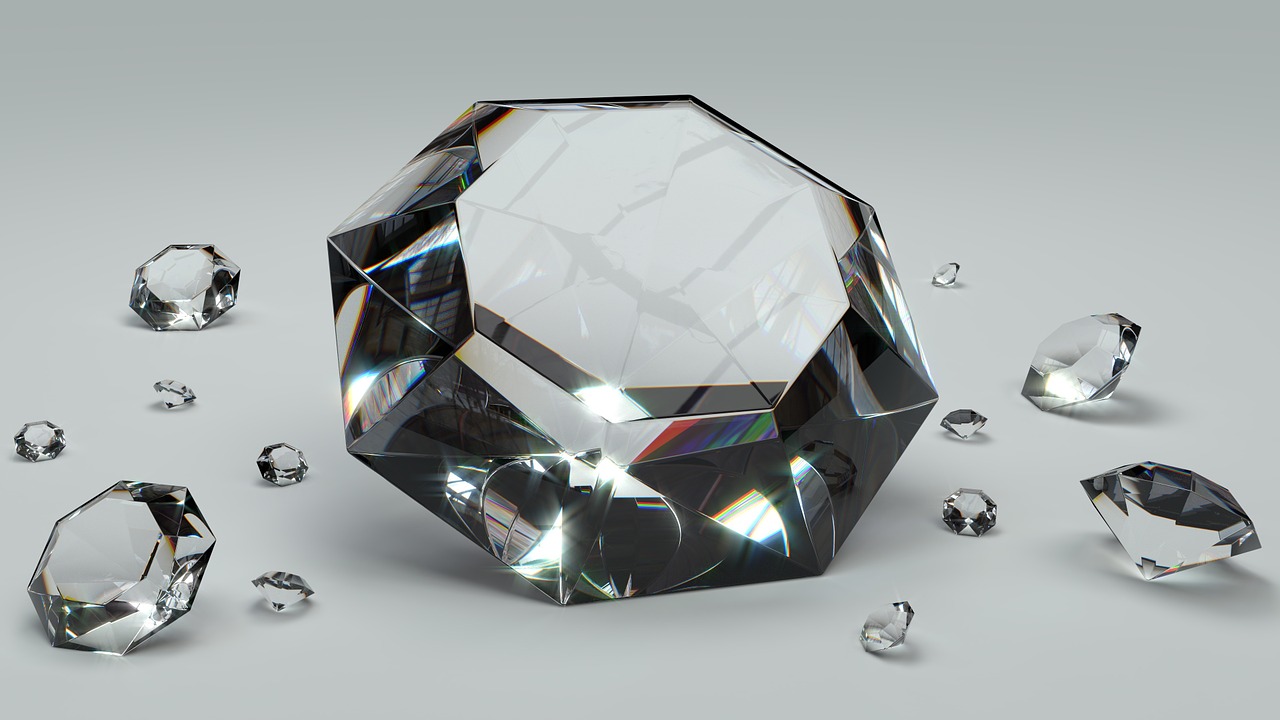Blockchain and Gems: Disrupting the Supply Chain
The jewelry and diamonds market is a crucial segment of the luxurious products market. As such, some people either cannot afford or never see the need to buy products from this market.
However, luxury products can be very profitable as an investment and this has been demonstrated through history with the prices of supercars, luxury watches and jewelry continuously going up even when global economies were experiencing a recession.
Therefore, dismissing an opportunity to invest in luxury products like jewelry and diamonds may not be something any shrewd investor would want to do without assessing the risk-reward trade off, especially for those hunting for alternative investing options. However, it is also important to point out that one of the reasons why some investors shy away from the luxurious products market is because of lack of liquidity.
Because of the ‘luxury’ tag attached to these products, they tend to attract few buyers, and this leads to scarcity making the market incredibly illiquid. In return, illiquidity creates security issues with some scrupulous players offering uncertified products that do not meet the quality standards set by the industry. That’s why terms like fake diamonds, a fake Rolex watch, and stolen jewelry, etcetera, continue to affect the market even given the technological advances of today.
Dynamic Startups and Blockchain Could Solve the Problem
Some of these challenges could soon be forgotten as top tech companies and dynamic startups continue to capitalize on the power of the distributed ledger technology popularly known as blockchain to improve liquidity and enhance security in the luxury products market.
For instance, Startup gemologist platforms like RockHer Haute Jewels now offer buyers an opportunity design their own rings piece-by-piece via an interactive interface, after which the ring is made from scratch depending on their specifications. The company uses innovative technologies to implement this process, thereby disrupting the supply chain. However, while startups like RockHer Haute Jewels appear well set to disrupt one end of the supply chain, industry giants think the blockchain is the ultimate solution that the market needs.
Enter TrustChain
Global tech giant IBM (
This will enable buyers of jewelries and other luxurious products to track and verify the originality of the product before buying. As such, lingering gray issues in the jewelry market, like accidental purchases of stolen products or jewelries that may have been a subject of war crimes could be potentially eliminated.
De Beers’ Tracr
This subject is also being tackled by one of the top diamonds and luxurious products dealers, De Beers. Late last year the company announced its plans to launch a blockchain-based electronic ledger called Tracr. And in May, this year, reports emerged saying that De Beers had already managed to track over 100 high-value diamonds from mine to jeweler.
De Beers was joined by five other diamond manufacturers, Venus Jewel, Rosy Blue NV, KGK Group, Diacore, and Diarough to develop the blockchain-based ledger and hopes this initiative will capture the entire diamond value chain.
So, can diamonds be a better store of value?
As noted at the beginning, some people classify jewelry, supercars and antiques with opulence, which means they probably rarely consider buying them. However, there are those who buy luxurious products as a form of investment. In fact, one of the best ways of transferring and storing wealth is diamonds.
And while gold is still the preferred choice to many investors when it comes to storing wealth, this is primarily because the yellow metal is more liquid and tradable than diamonds. However, with technological advances like the ones demonstrated by dynamic startups and the disruptive force of the blockchain technology, liquidity in the diamonds market could improve significantly in the coming years.
In addition, technological advances have also made it possible for some companies to introduce artificial lab-created diamonds to the market. This will further add to the liquidity provided by naturally mined diamonds. As such, investing in diamonds could become a lot easier in the coming years.
This could make them a better store of value than they currently are, as more people begin to embrace the market as an alternative investment rather than a sign of lavishness.




